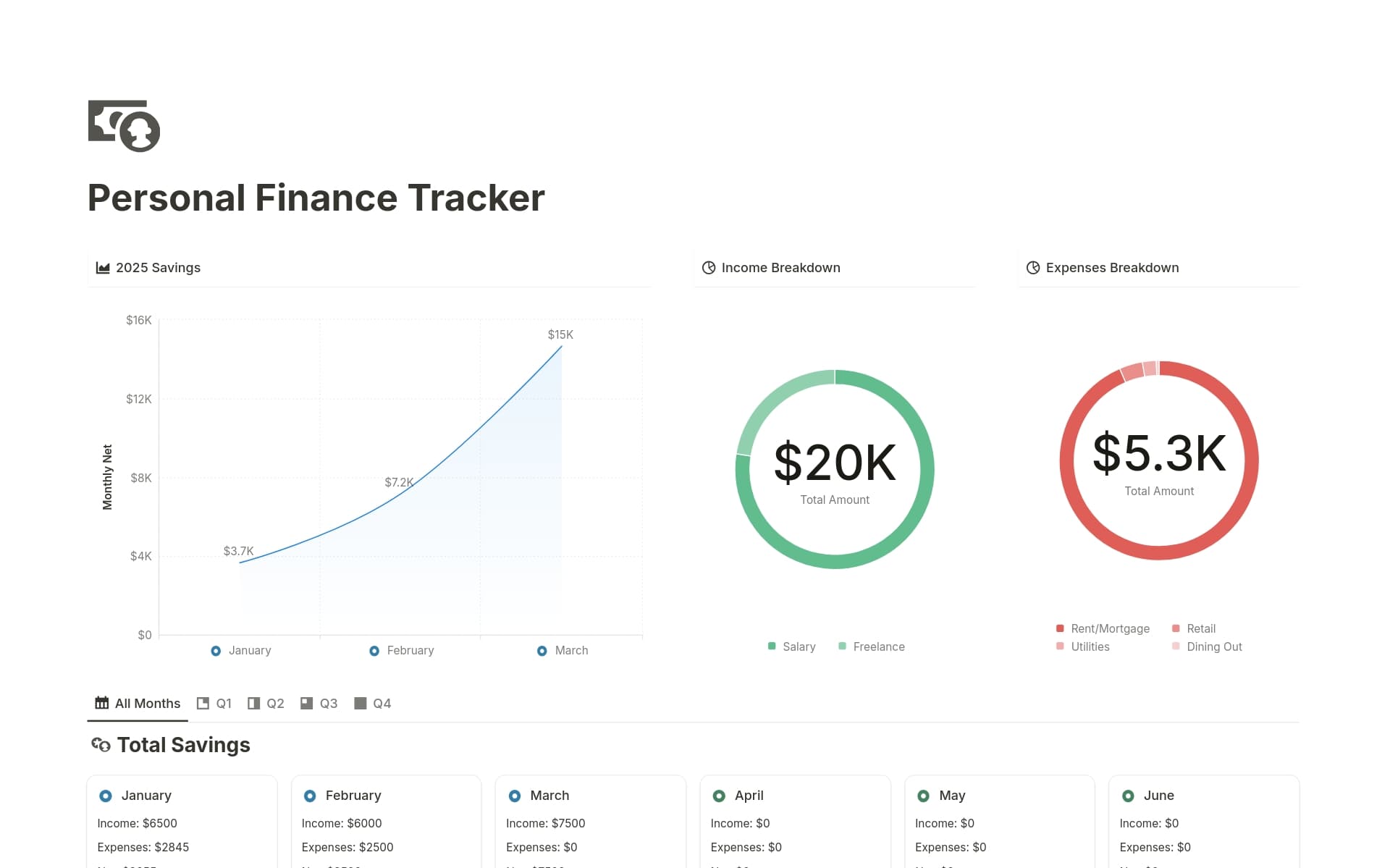Understanding your customers is crucial for any business or personal project. Customer research helps you gain insights into customer needs, preferences, and behaviors, enabling you to make informed decisions and tailor your offerings for better market fit. A Customer Research Notion template can streamline this process, providing a structured approach to collecting and analyzing customer data.
Before you dive into creating your own customer research, take a look at these Customer Research Notion templates to simplify and enhance your efforts.
What Should Customer Research Templates Include?
Choosing the right Customer Research Template in Notion can streamline your data collection and analysis process. Here are key components to look for:
Demographic Information: This section should allow you to capture essential demographic details such as age, location, and occupation, which can help in segmenting the audience.
Customer Feedback: A good template should include a dedicated area for collecting customer feedback on products or services, enabling you to gauge satisfaction levels and identify areas for improvement.
Behavioral Insights: Look for templates that help track customer behaviors, such as purchase history and product usage patterns, to better understand buying decisions.
Integration Capabilities: Ensure the template can easily integrate with other tools for seamless data transfer and analysis, enhancing the efficiency of your research process.
Selecting a comprehensive template empowers you to effectively gather and analyze customer data, leading to more informed business decisions.
What Should Customer Research Templates Avoid?
When selecting a customer research template in Notion, it's important to be aware of certain features that might complicate or hinder your research process. Here are three key components to steer clear of:
Overly Complex Structures: Templates with too many layers and sub-pages can be confusing and detract from the main research objectives. Simplicity often yields better results.
Fixed, Non-Customizable Fields: Avoid templates that do not allow you to modify fields. Flexibility in data entry is essential for tailoring the template to specific research needs and questions.
Generic Content: Templates that include too much generic or placeholder content can be misleading and may require extensive customization, which defeats the purpose of using a template.
Choosing the right template involves looking for one that simplifies data collection and analysis without compromising on the adaptability needed for thorough and effective customer research.









